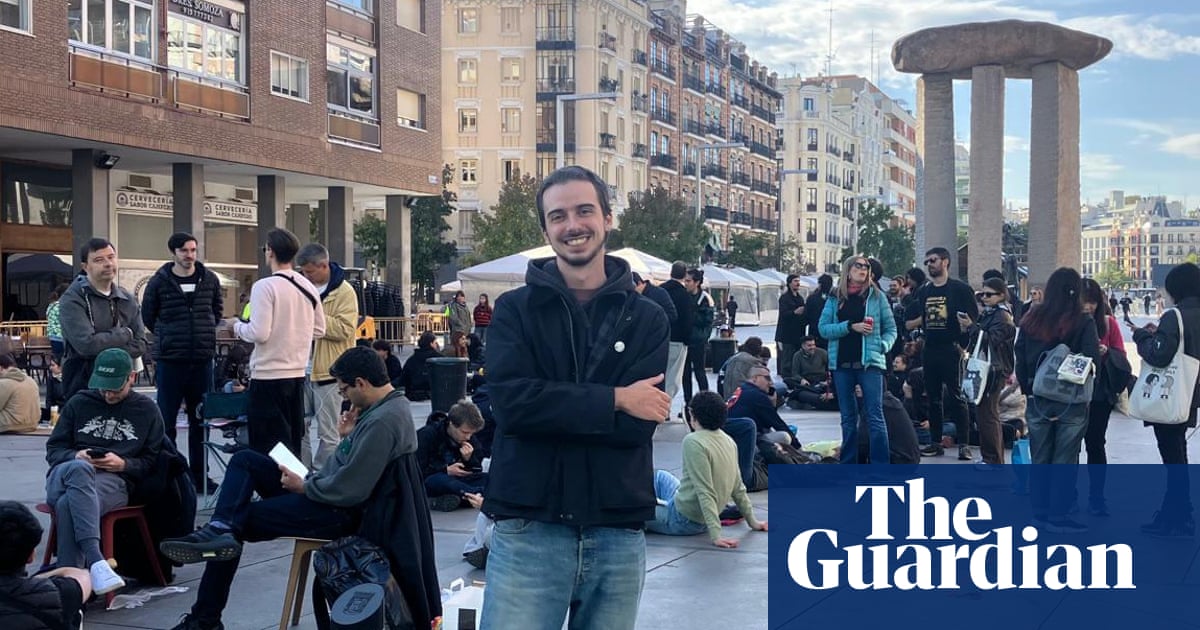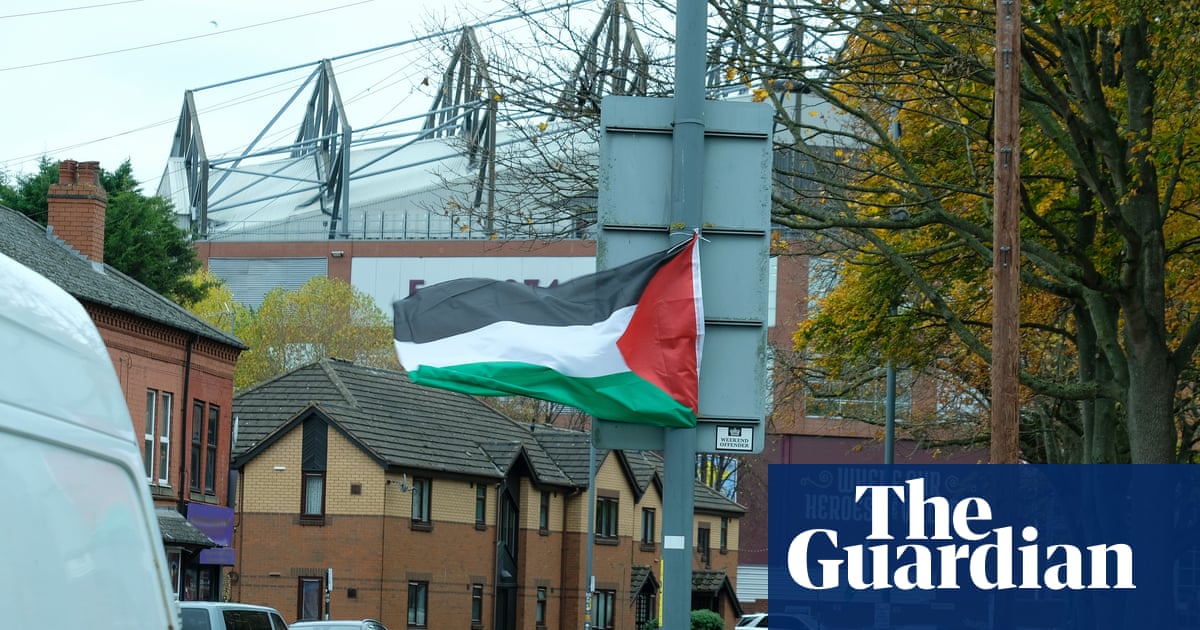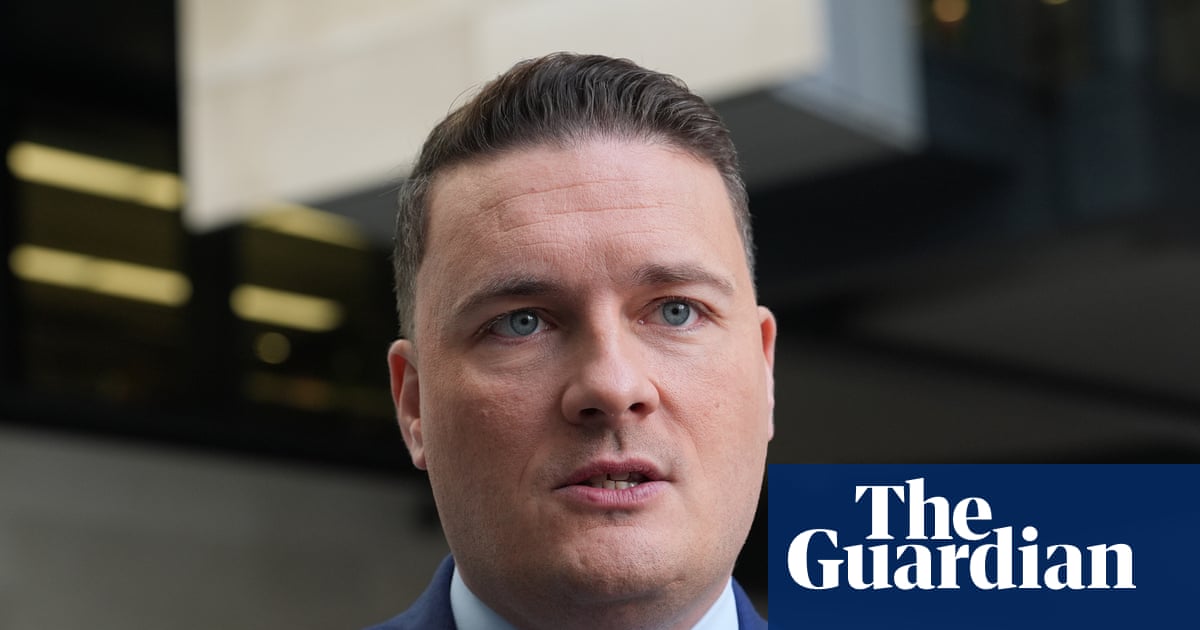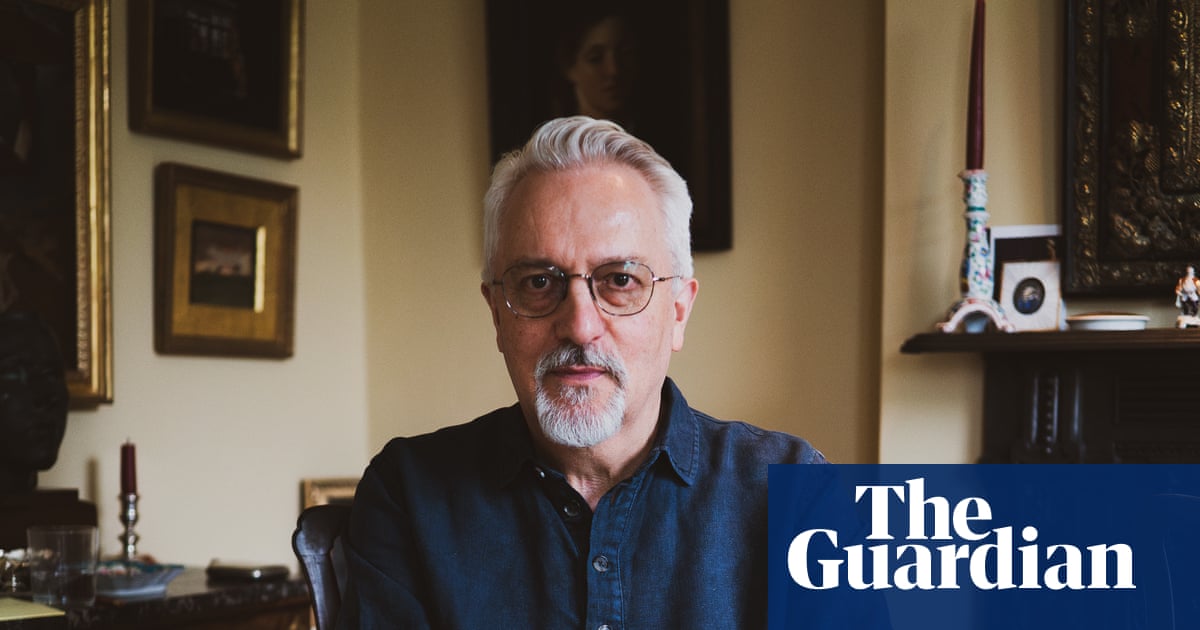Hilary Benn has said that “only one soldier” has been convicted over a Troubles-related death since 1998 as he sought to justify Labour plans to repeal the Northern Ireland Legacy and Reconciliation Act.
The Northern Ireland secretary, speaking at a debate in Westminster Hall, argued that of the 250,000 British military veterans who had served in the country, “the number being prosecuted for offences has been very, very small”.
Benn said that he recognised “the very real fears that many veterans have” and that the government took “those concerns very seriously” – but he said Labour had no choice to repeal and rewrite the legislation because it had been deemed incompatible with human rights law.
Citing research by the Centre for Military Justice, Benn said the law firm “records that only one soldier has been convicted since the Good Friday agreement” – a case in which a veteran received a suspended sentence for manslaughter.
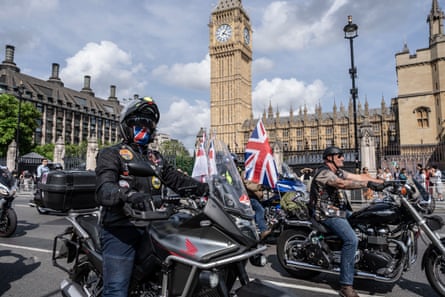
Benn was responding to a general debate brought after more than 176,000 people signed a petition demanding Labour not make any changes to the law.
Before it began, a couple of hundred veterans staged a noisy protest at the Cenotaph in Whitehall and in Parliament Square with the support of the Conservatives, who passed the legislation in 2023.
Veterans at the protest said they believed a simple repeal of the legacy act would lead to a reopening of investigations and prosecutions against them, in a gradual process that would take several years.
David Holmes, an RAF veteran who did two tours in Northern Ireland, said that “what’s being proposed would be a return to inquests, that would lead to prosecutions, vexatious prosecutions that would be long, drawn-out”.

Holmes, one of the leaders of the protest, said that although “the chances of getting a prosecution are very slim, the veteran who is under prosecution will be punished for five to seven years” while the investigation took place.
Dennis Hutchings died in 2021, aged 80, before he could be put on trial for attempting to murder John Pat Cunningham, who was shot in the back and killed as he ran from an army patrol in 1974. The prosecution had been begun six years earlier, in 2015.
after newsletter promotion
Mick Curtis, 76, who served with the Royal Horse Artillery in Northern Ireland between 1969 and 1971, said he believed “the rules were being changed in retrospect” and that ordinary soldiers who were given rules of engagement that permitted opening fire in certain circumstances were no longer considered to have acted legitimately.

The Legacy Act halted all but the most serious investigations into Troubles-related killings by soldiers and paramilitary groups – a compromise that also meant that inquiries into the deaths of 202 soldiers and 23 veterans were among those halted last year when the law took effect.
Labour said it would repeal the act because it was opposed by many victims’ families and Northern Ireland’s political parties, as well as having been deemed by a court to be incompatible with human rights legislation. It has not yet decided exactly what to replace it with.
The shadow defence minister, Mark Francois, one of those supporting the protest, said “we think the government are beginning to hesitate now that the anger of veterans is becoming apparent”. A repeal of the law would open up former soldiers to “re-investigation endlessly”, he said.

 3 months ago
127
3 months ago
127



